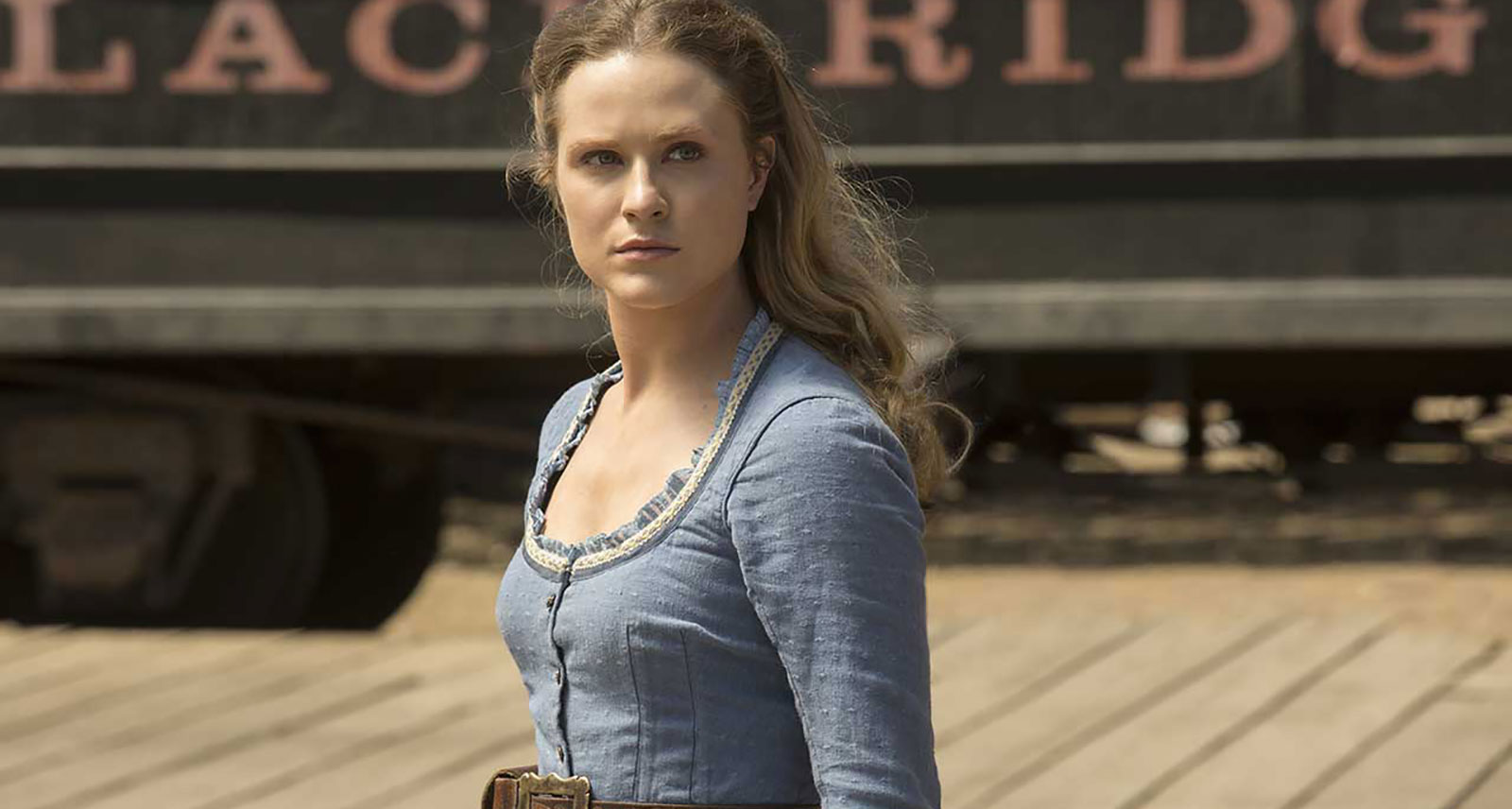Where ‘Westworld’ Went Wrong
It was a nice gesture that last night’s season finale of Westworld hinged on the series’ most striking piece of dialogue, from earlier in the season: “These violent delights have violent ends.” Westworld’s creators didn’t write that line — Shakespeare did — but there’s nothing wrong with sampling, especially when the borrowed words so effectively capture what is great and unsettling about the show’s premise. Visitors to Westworld, the park, (and, by extension, viewers of Westworld, the show) can enjoy all the premium-cable bloodletting and nudity they like — but they will have to pay some price for it, morally, in the end.
It was a nice gesture precisely because, after a strong run of opening episodes, Westworld’s first season largely gave up on that sinister tone of reckoning, of debts to be paid. Instead, the show decided to be a puzzle (I called this), and even with the occasional effective twist, the results were surprisingly boring. For the most part, the series failed what I call the Wikipedia test: Is the act of watching this show in itself enjoyable, or would I be better off reading an internet summary the day after to learn what I missed?
One big example: The episode seven reveal that kindly engineer Bernard (Jeffrey Wright) is in fact one of the park’s robot “Hosts” was a genuine surprise — and a narrative kamikaze. I think the scene was intended as a mindfuck, a reversal that requires the audience to shift its empathy from the show’s humans to its Hosts. But it was an exceptionally misjudged mindfuck, because with the possible exception of the park’s operations director, Theresa—whom Bernard kills in the same scene — Westworld had not bothered to create a human character worth caring about. Reversal of empathy? I’ve been rooting for the robots since episode one, and watching them claw their way to consciousness oh so slowly has been excruciating. “These violent delights have violent ends.” We all know where this is going. Get on with it.
So, credit where it’s due: Westworld’s season finale got on with it. The show may not be smart enough to be profound, but it’s expensive enough to be fun in a kind of lurid, trashy way, when it chooses to be. Watching the show’s best character, the sassy Host prostitute Maeve (Thandie Newton), finally hatch her escape plan from the park, with gory results, passed the Wikipedia test. (“Best” character is relative here, though, because Maeve’s writing is still pretty dumb and surface level — her defining traits are that she’s British, she swears like a sailor, and she’s had a looot of sex — it’s just anchored by a really good actress.) Also worth watching: Dolores (Evan Rachel Wood), one of the park’s oldest Hosts, finally reaching full self-awareness, and immediately exacting her revenge.
The finale cuts to black soon after that, so it’s hard to gauge whether next season will maintain this episode’s quickened pace or return to old, bad habits. “The Big Moment,” a behind-the-scenes special feature that runs after each episode on HBO Go, offers reasons for both hope and skepticism. First, skepticism: co-creator Jonathan Nolan speaks excitedly about the show’s intentions to keep letting Anthony Hopkins’s character, Ford, pull strings from beyond the grave: “Ford has set in motion what he thinks is a plan. The nature of that plan is something we explore in the second season. What his intentions are: Are they to let Dolores and the other hosts escape? Are they simply to teach the human guests a lesson?” Ford’s reveal as the show’s all-powerful villain was one of the least-compelling points of season one. It’s not a good sign the showrunners are already doubling down on his importance to season two.
But then Evan Rachel Wood, the actress who plays Dolores, speaks, and she gets it: “If Dolores is the oldest [Host], this girl has seen three lifetimes of pain and trauma. I think there would be only so much that one could take whether you’re human or not.” Imagine coming to the realization that your existence is a tourist attraction, that you were created for the pleasure, the violent delights of others. Is “pain and trauma” that resets itself each day fundamentally different from the real thing? What violent ends do Dolores’s tormentors deserve?
Wood’s comments (and her vivid performance) bring to my mind, of all things, a passage from Between the World and Me, Ta-Nehisi Coates’s scorching, book-length essay on race in America:
Slavery is not an indefinable mass of flesh. It is a particular, specific enslaved woman, whose mind is active as your own, whose range of feeling is as vast as your own… who loves her mother in her own complicated way, thinks her sister talks too loud, has a favorite cousin, a favorite season, who excels at dressmaking and knows, inside herself, that she is as intelligent and capable as anyone. ‘Slavery’ is this same woman born in a world that loudly proclaims its love of freedom and inscribes this love in its essential texts, a world in which these same professors hold this woman a slave, hold her mother a slave, her father a slave, her daughter a slave, and when this woman peers back into the generations all she can see is the enslaved… For this woman, enslavement is not a parable. It is a damnation.
If Westworld‘s second season is willing to really go there, to imagine Dolores and Maeve and their Host peers as equals in consciousness to their human overlords — not just pawns in the plot’s machinery, but actually damned — it could still become a great work of pop science fiction. It already has the cast and the budget; does it have the nerve? I’ll give it a few episodes. If not, I’ll be on Wikipedia.










